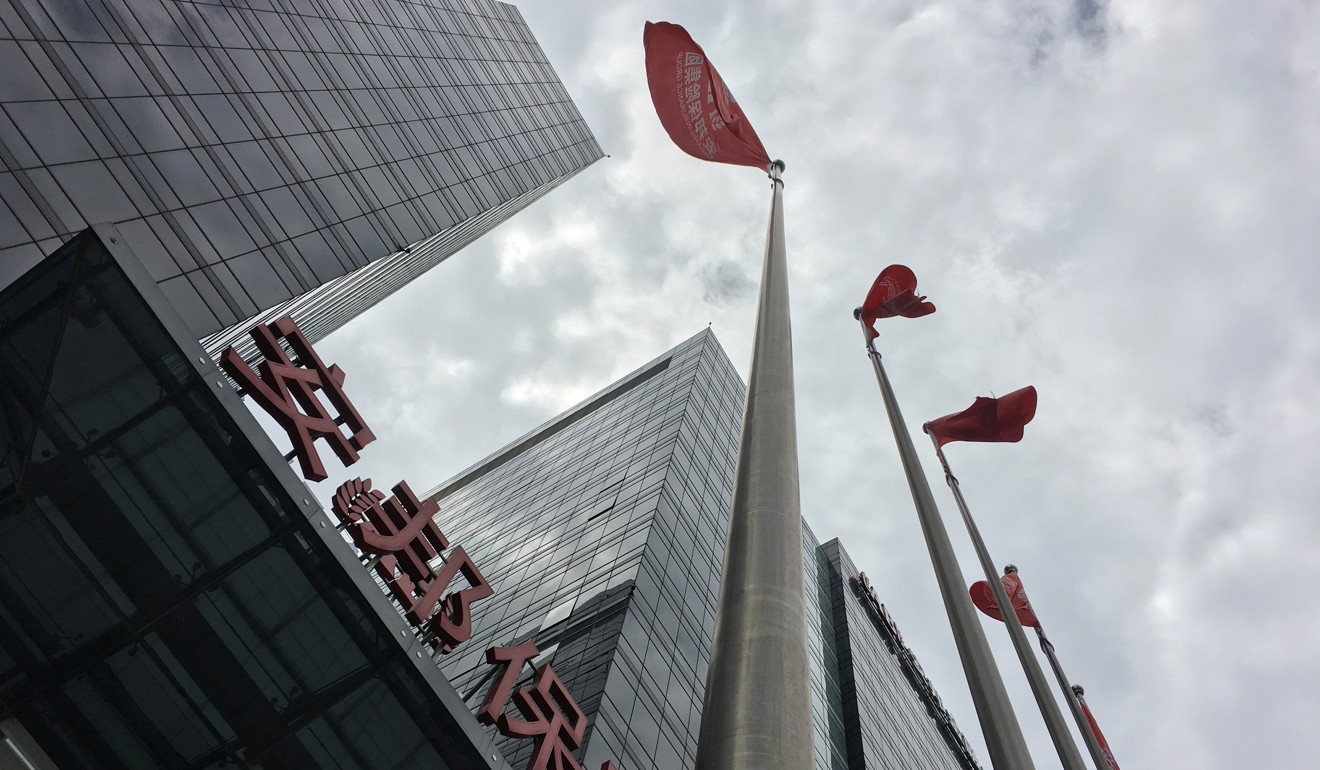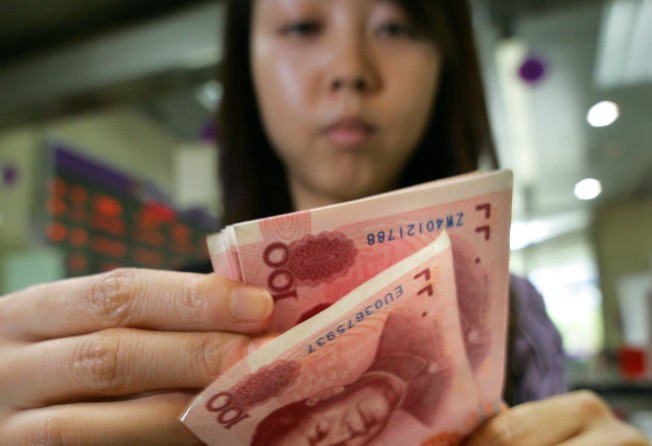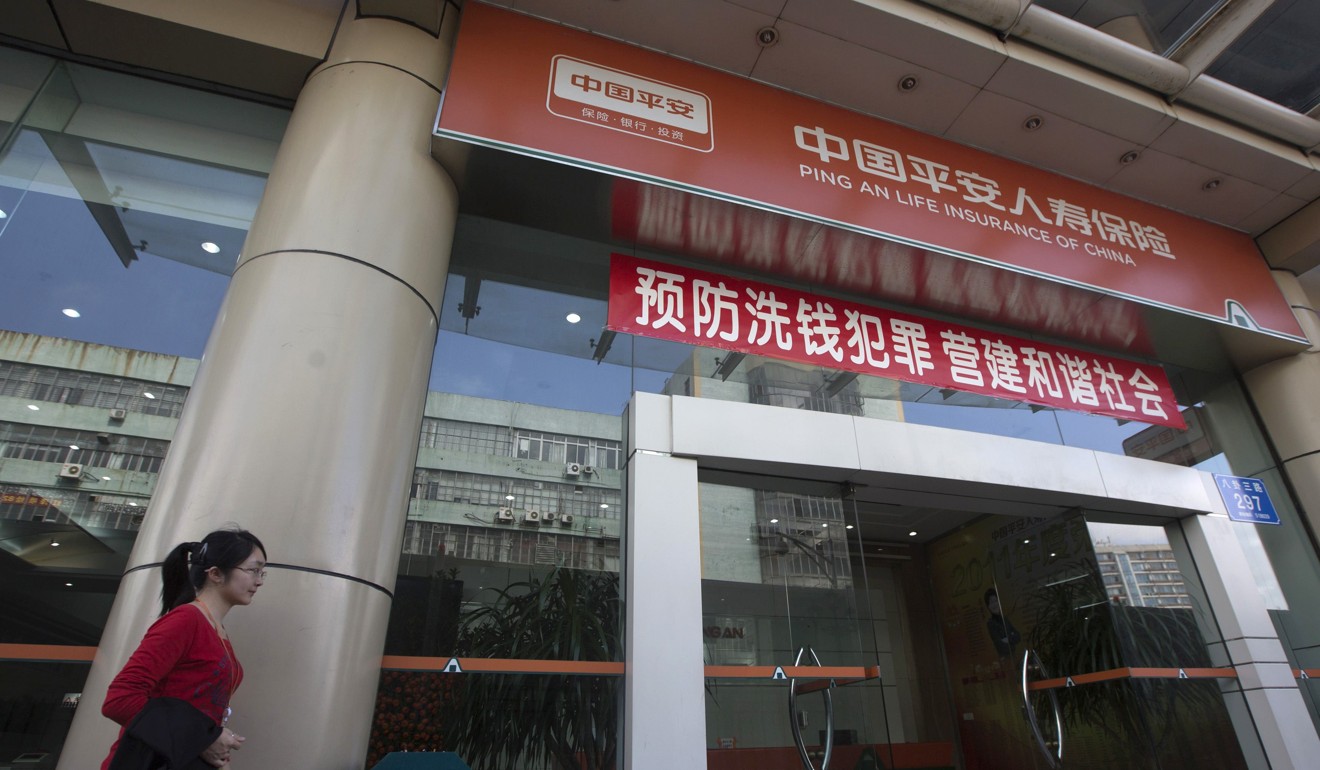
Chinese insurance giants likely winners under tighter regulatory environment
Credit Suisse bullish on big Chinese insurers as regulator cracks down on mainlanders buying Hong Kong insurance products

Tighter regulation of the insurance industry in mainland China and Hong Kong is expected to benefit major Chinese insurers in the long term but create uncertainties for their counterparts in the city, say analysts.
Hong Kong’s new Insurance Authority, officially established on Monday, is expected to take a more active role in overseeing an industry which has traditionally relied on self-regulation. The authority also plans to cooperate with the China Insurance Regulatory Commission (CIRC), its mainland counterpart, in cracking down on the sale of foreign insurance products on the mainland after the practice was made illegal in October last year.
In the past six months CIRC has closed 35 websites and social media accounts selling Hong Kong insurance policies to mainlanders as part of Beijing’s moves to stem the outflow of the Chinese yuan. Last year, authorities also banned mainlanders from using China UnionPay to purchase more than US$5,000 on overseas insurance products.
“Making it more difficult for mainlanders to buy insurance products in Hong Kong could hit our local business, but at the same time it is necessary to eliminate bad practices in the industry, which is a good thing,” said Roy Cheung Wai-leung, president of the Hong Kong Insurance Professionals Federation.
The latest available government statistics showed that mainland Chinese bought HK$49 billion (US$6.28 billion) worth of life insurance policies in Hong Kong during the first nine months of 2016, accounting for almost 40 per cent of all life policies sold in the city.
“Many Hong Kong insurance products are customer-oriented. They could be in different currencies like the US dollar, which would ease buyer concerns over potential depreciation fluctuations of the yuan. It is also another form of investment for high-income mainlanders who would like to diversify their risk,” Cheung added.
However, Credit Suisse was bullish on China’s life insurance market in a recent report, showing confidence in long term growth prospects for high quality agents and citing the strong share performance of listed insurers, which have seen an average of 27 per cent growth year to date. The Swiss bank has set a target share price growth of 3–7 per cent for the listed players.

The analysts said insurers that achieved rapid growth by selling short term products – including Sino Life, Hexie Life and Anbang Life – have seen their market share drop from an average of 34 per cent in June 2016 to 29 per cent in March 2017.
“Faced with tightening rules, weak capital position, increasing surrenders, and cash flow issues, these ‘platform’ players are now experiencing a painful transformation in their business models. However, we do not see a systemic risk to the sector,” the Credit Suisse analysts led by Charles Zhou said.
Kenny Tang Sing-hing, chief executive of brokerage Jun Yang Securities, expects the market share of these companies to shrink further.
“These products are being called insurance, but in reality they are financial products which involve high risk investments that lack transparency,” Tang said. “It is likely that there has been too much leverage so the government needs to avoid risk because many mainlanders like to buy products of this sort.”

Ping An was identified as the top pick by Credit Suisse for the “ long-term value of its quality insurance business” while China Pacific Insurance Company was the No 2 recommendation because of the improved quality of its insurance products and its sales growth.
With Beijing’s determination to control capital outflows, Cheung expects the coming three years will be “hard times” for the local insurance industry as it deals with reforms instituted by both local and mainland regulatory bodies.
“Hong Kong insurers will have to be more hardworking as there will perhaps be fewer mainlanders investing millions in insurance products all at once. So the market will need to attract customers who want to buy insurance for protection purposes,” Cheung said.
However, Chan Kin Por, a lawmaker for the insurance sector in Hong Kong, is not expecting too many changes in the landscape of the city’s insurance market.
“Even if mainland insurers grow bigger and stronger, Hong Kong is still competitive because we offer a large variety of insurance products, which are available in different forms of currencies,” he said.